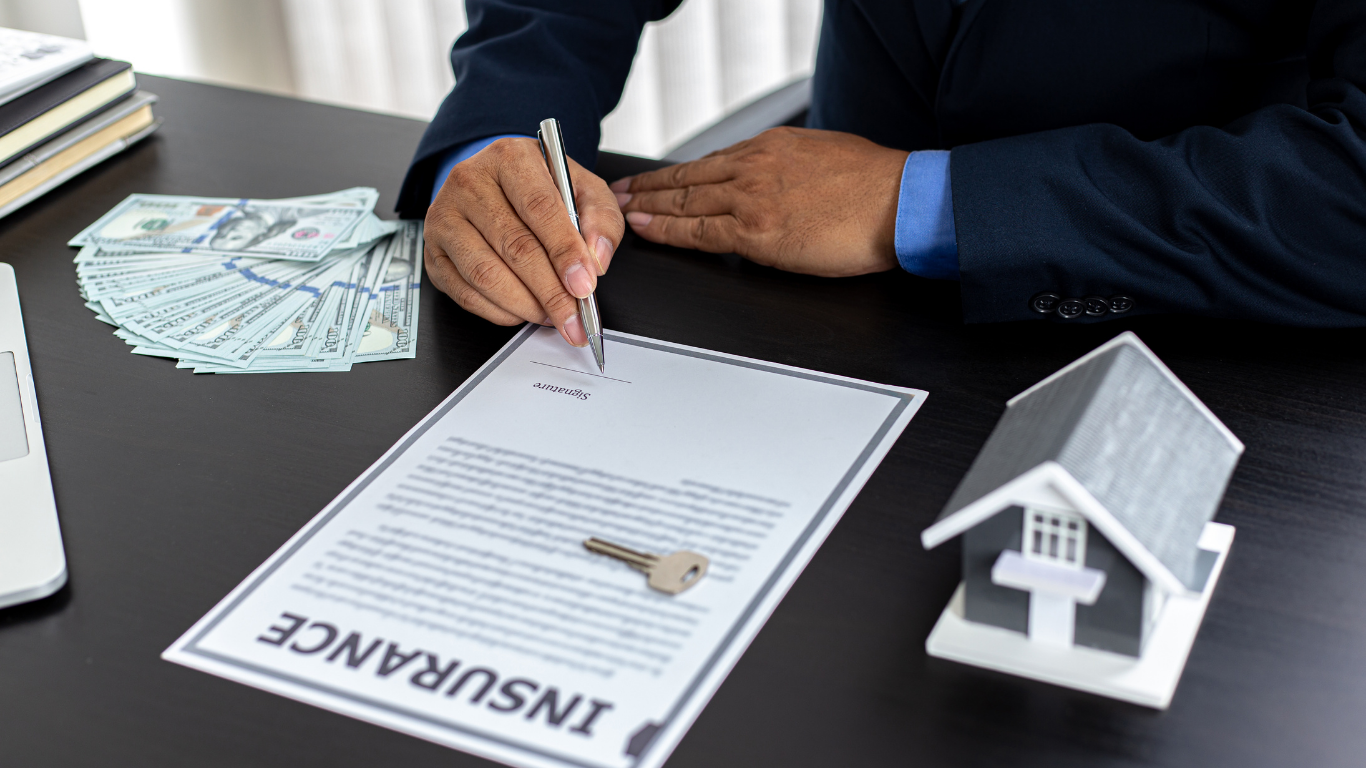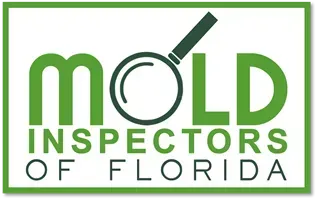Does Homeowners Insurance Cover Mold?

Does Homeowners Insurance Cover Mold?
When you face a growing list of home repairs or unexpected damage, your first thoughts are most often how you’re going to fix it, followed by how much it will cost. Upon finding signs of mold in your home, you might expect that your homeowners insurance will cover any damage. However, that’s not always the case. Depending on the circumstances of the infestation, you may be on the hook. So, when does homeowners insurance cover mold? Read to learn more about when your policy might protect you, when it won’t, and why you need a mold inspection either way.
When Does Homeowners Insurance Cover Mold?
Unfortunately, most home insurance policies don’t specifically cover mold. That doesn’t mean that you’re out of luck, though. For a policy to cover a mold incident, mold damage must be related to a named peril or an instance that your policy covers. Water damage is one of the most likely causes of a mold problem and often follows one of these named perils.
Broken Appliance
In the case of accidental leaks, you can typically expect to be covered. That includes a broken dishwasher, water heater, or washing machine. However, it’s essential to maintain your appliances since leaks due to negligence are not covered. Likewise, leaks that happen over time aren’t covered.
Leaky Plumbing and Burst Pipes
Most homeowners in Southwest Florida don’t have to worry about their pipes bursting, but it has been known to happen. A leaky pipe, on the other hand, is a real threat that can lead to mold infestation under the sink and behind your walls. Keep in mind that gradual leaks aren’t covered, so don’t ignore that leaky sink.
Water Damage After a Fire
Many don’t consider the threat of mold after a devastating fire, but the water from a fire hose or sprinkler system is enough to encourage mold growth. During a fire, the only concern is putting it out, which usually results in water damage along with smoke and fire damage. The exposed wood and drywall are both a food source for mold spores, and the soaked structure makes for an ideal breeding ground.
Roof Leaks and Storm Damage
Be sure to check that your home insurance policy covers roof and storm damage. Whether the cause is hail, heavy rain, or a fallen tree, you want your home’s exterior to have adequate coverage. That’s because you have to worry about water and mold on top of the structural damage, so don’t hesitate to check your policy coverage.
When Does It Not?
There are many cases when your home insurance won’t cover mold. For instance, ignoring a necessary repair will leave any related cost on you.
Floods
There’s a reason that Florida residents rely on a separate flood insurance policy. Your homeowners insurance doesn’t cover flood damage, and our area ranks relatively high for flood threats. However, your flood policy might not cover you, either. Call a mold inspection specialist immediately after a flood, except in cases when you aren’t allowed back home. In those cases, you’re covered.
Negligence or Lack of Maintenance
Keeping up with home repairs can feel like an uphill battle, but you should put even minor repairs at the top of your priority list. For example, failing to fix a known leak in the bathroom or failed seal on a window will leave you to cover the cost of mold removal yourself.
High Humidity or Low Ventilation
It’s no secret that mold is attracted to humidity, and it can be a struggle to escape it here in Florida. Utilize fans, dehumidifiers, and proper ventilation to keep humidity levels low and discourage mold. If your bathroom fan breaks, fix it or find an alternative to prevent mold.
What to Do After Water Damage
No matter the cause of the damage, it’s important to take the threat of mold seriously. In the right circumstances, mold can grow and spread in as little as 48-72 hours, and water damage creates the ideal environment. If your water damage is from a named peril, be sure to document every step of the process, including taking pictures. Start by addressing the water damage, removing items damaged beyond repair and anything that might pose a health risk. Next, keep the area well-ventilated and contact an expert for structural drying.
The next step is tackling the mold. Contact a licensed mold inspector for thorough testing and inspection since mold can grow in places you can’t see. At Mold Inspectors of Florida, we use the latest infrared thermology, moisture meters, and a keen eye for detail to find signs of mold that you might not notice yourself. By the time we have the results from your testing, you can begin working with your insurance to find a mold remediation service. Don’t ignore mold; it only spreads and grows, causing further damage.
For more tips on keeping a mold-free home, follow us on Instagram and Facebook!


